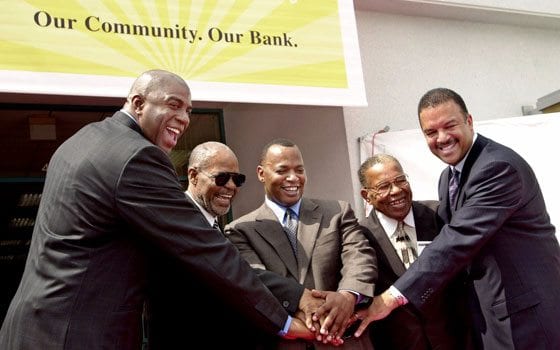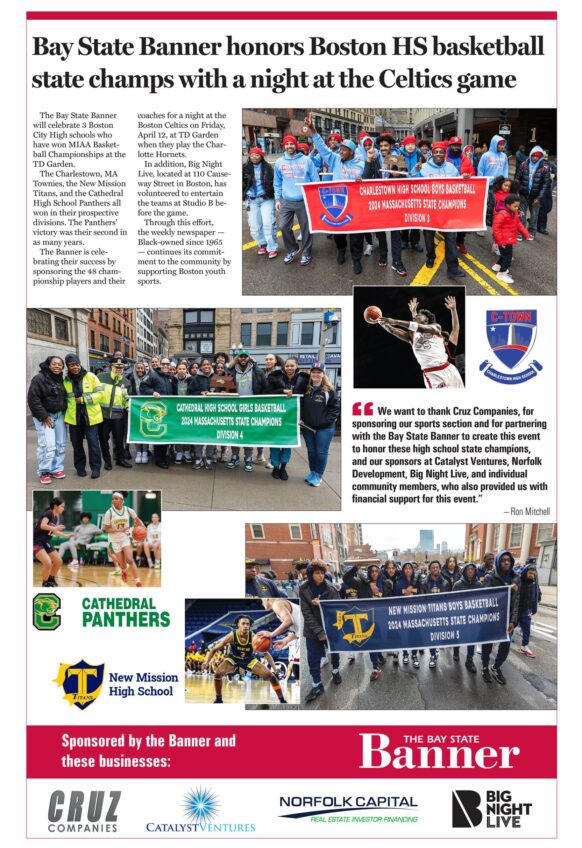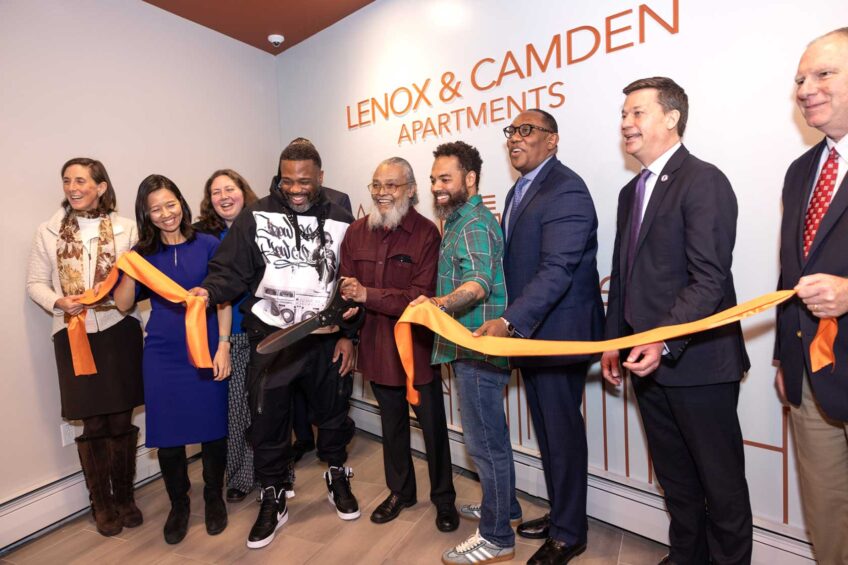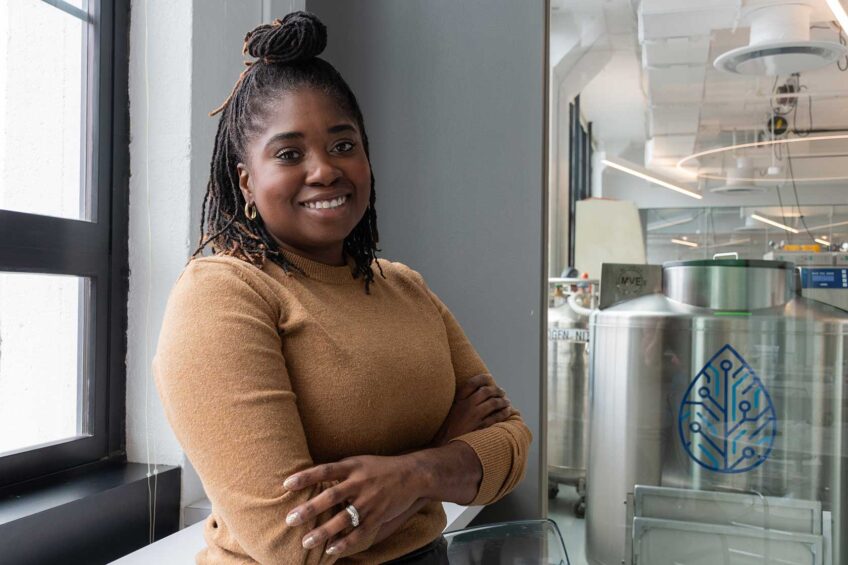

As chairman and chief executive of OneUnited, the nation’s largest black-owned bank, Kevin Cohee is well aware of the current economic downturn. But he also knows the value of having a historical perspective.
The third quarter in 2009 was a case in point. The bank lost about $50 million when its investments in Fannie Mae and Freddie Mac preferred stock became almost worthless after the federal government intervened in the two mortgage companies.
At a time when other financial institutions were either failing or suffering from what Cohee described as “economic trauma,” OneUnited was able to overcome that financial hit and remain one of the nation’s more profitable banks.
“No one is happy about losing $50 million,” Cohee said. “But we are very fortunate and faring well. We are well capitalized, profitable and well – positioned to thrive and grow once the economy rebounds. There’s no question about our survival. ”
And with a wry smile, Cohee says, “At least we had $50 million to lose.”
Since the end of slavery, blacks have sought ways to garner economic strength and spending power to accumulate individual and collective financial independence. But due to a variety of reasons, building a sustainable, black-owned bank has been an extremely tough road, starting with the opening of the Freedman’s Savings and Trust Company in 1865 – and its subsequent closing nine years later as a result of mismanagement, fraud, abuse and the Panic of 1873.
The Freedman’s bank was not a complete failure. Before closing, the bank had raised nearly $3 million from 61,131 depositors. One depositor was none other than Frederick Douglass who put up $10,000 in an effort to save the floundering bank.
Though times have changed, the mission remains the same – at least according to Cohee. “Black people have been trying for over 100 years to garner our economic spending power and put it back into the community,” Cohee once told an interviewer. “They all talked about this concept, but we never had the ability to do it.”
With an aggressive style and no-nonsense attitude, Cohee has been able to do more than just talk. Through mergers and acquisitions of struggling community banks in Miami and Los Angeles, Cohee has taken the old Boston Bank of Commerce and transformed it into the first, black-owned national bank with about $550 million in assets. In addition, OneUnited received the Bank Enterprise Award, the U.S. Treasury Departments highest award for community service, in 2004, 2005, 2006, 2007 and 2008.
Cohee doesn’t take his mission lightly. After obtaining an MBA from the University of Wisconsin and a law degree from Harvard, Cohee went straight to Wall Street and became a successful investment banker at Salomon Smith Barney. He and his wife, Teri Williams, one of the youngest vice presidents at American Express, pooled their resources together and made millions after selling a credit card company aimed at military personnel. They retired for a while, but soon became bored. In 1995, they put up a million dollars to purchase a controlling interest in the Boston Bank of Commerce.
Cohee is well-aware of the bank’s place in history and his role in preserving the legacy of countless other blacks who had the vision but lacked the wherewithal to deliver a viable financial institution that served the needs of communities traditionally unable to access capital. Or save. Or re-invest their money back into predominantly black and poor neighborhoods.
“Our goal is to be black America’s bank,” Cohee said emphatically. “We didn’t start OneUnited just to make money. We are honest brokers, a trusted financial institution.”
To that end, OneUnited has moved with the times. In 2006, it became the first black-owned bank to offer full-fledged Internet service. While most institutions have an on-line component, few allow customers to open accounts, deposit money and conduct complex financial transactions from a computer anywhere in the world.
Cohee also said that he has spent an inordinate amount of time retooling the company and designing new financial products that keep in line with its core mission of building black wealth.
One such product is what Cohee called “the super smart mortgage.” It offers potential homeowners either 15 or 30 year, fixed rate mortgages with competitive interest rates – some as low as 4.75 percent.
“One of the mistakes that some financial institutions have made is trying to do too much too quickly,” Cohee said. “That often leads to making decisions that don’t make economic sense. We are developing our bank for the long haul. We have designed sophisticated financial products that are both meaningful and competitive.”
And community-minded.
Two years ago, OneUnited opened a de novo branch on Warren Street in Grove Hall. The bank had provided the financing for the redevelopment of the Silva Building in which the branch is located. The building was renamed the Rubina Ann Guscott Building by its owners, Long Bay Management, the long – standing company of Kenneth J. Guscott.
Cohee didn’t mince any words about the symbolism of the bank’s investment. “Opening the Grove Hall branch in a black-owned building represents an opportunity for black people to support Black-owned businesses and re-channel wealth back into our community,” Cohee said. “It is our goal to encourage our community to save at higher rates because savings rates affect the overall economic health of neighborhoods….Our communities deserve access to quality financial products, not sub-prime gimmicks or predatory lending.”






